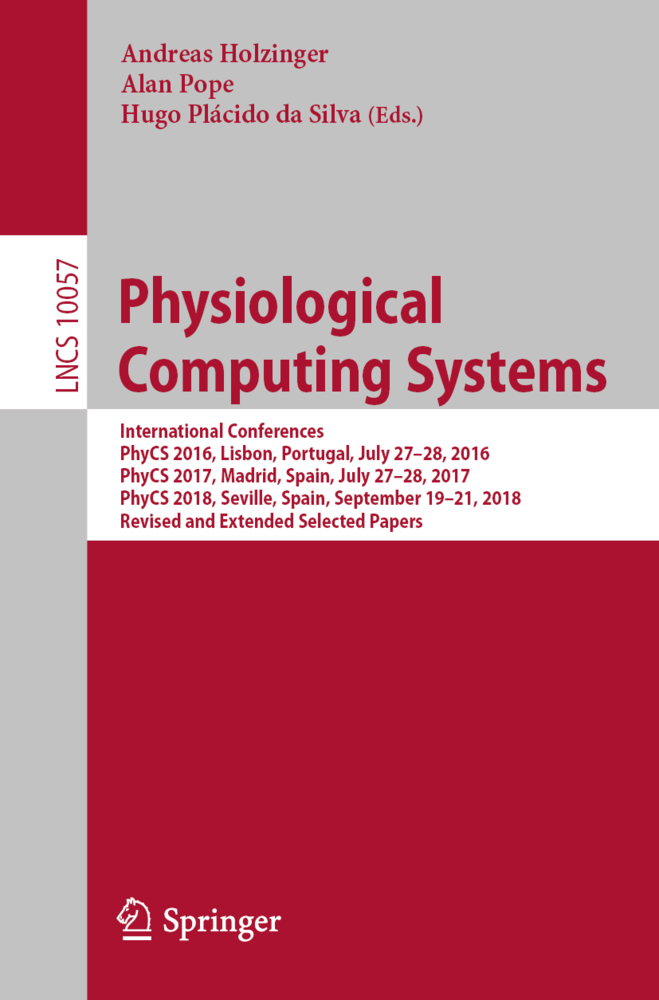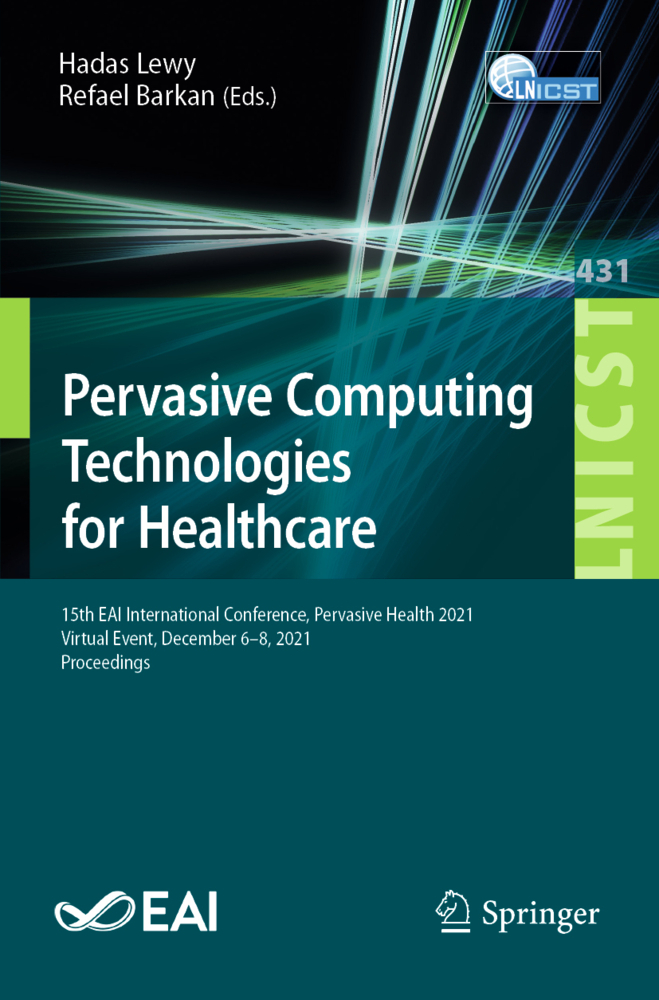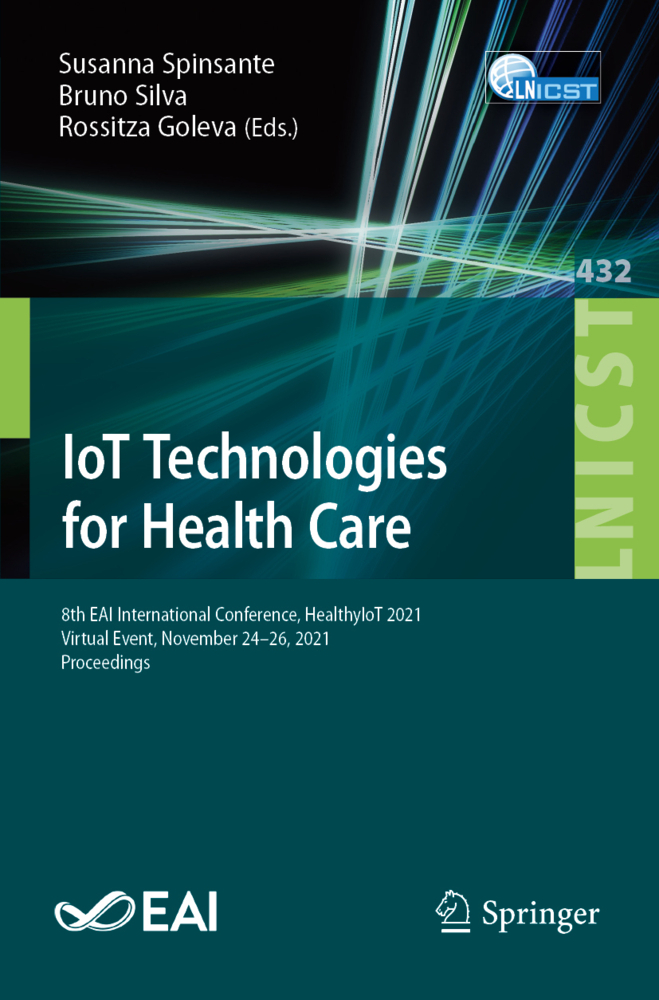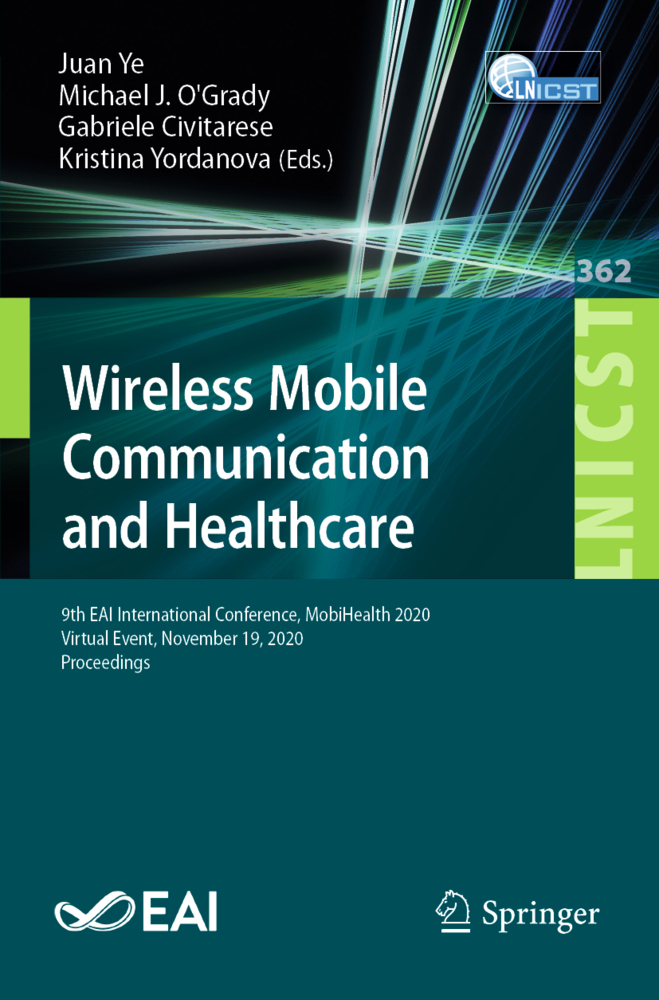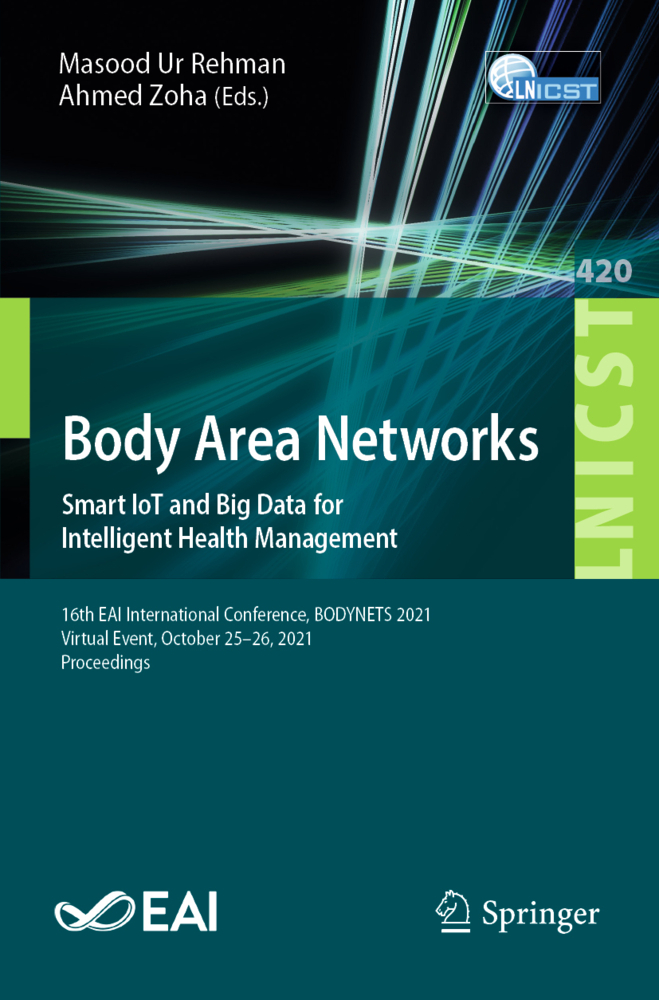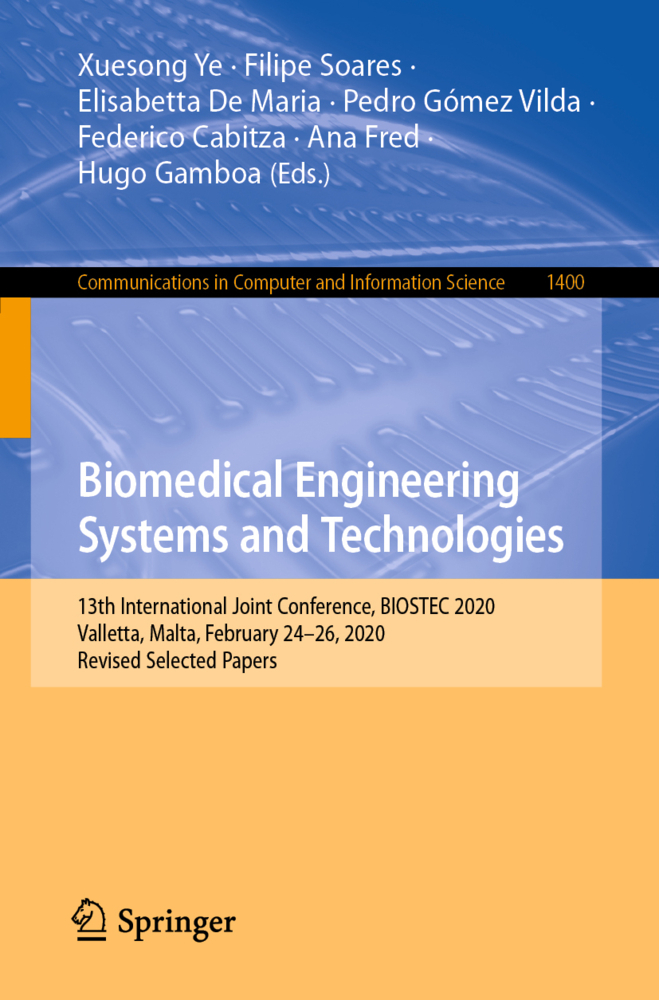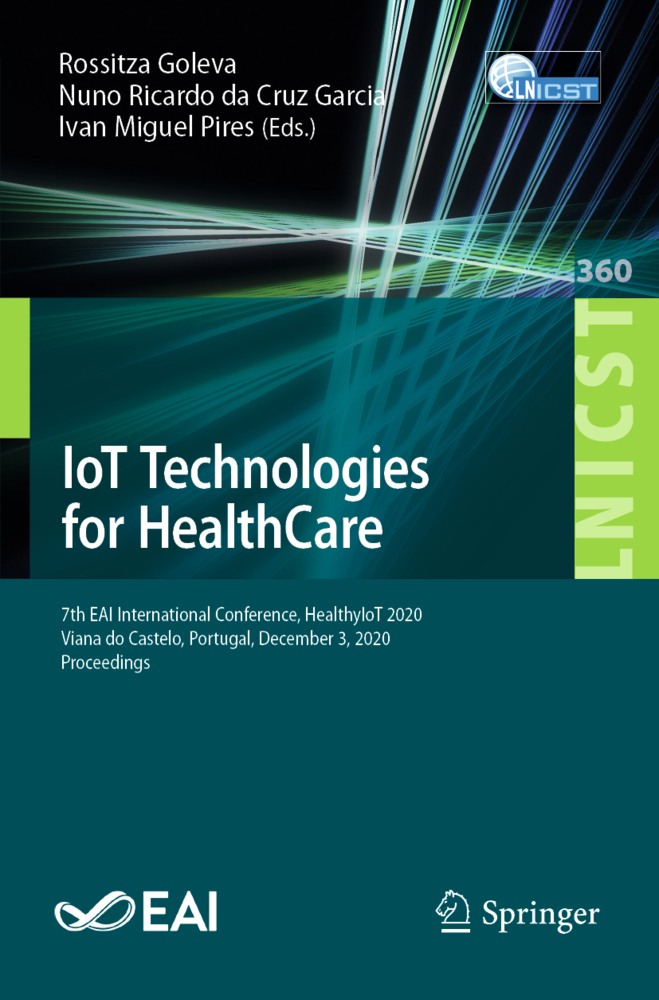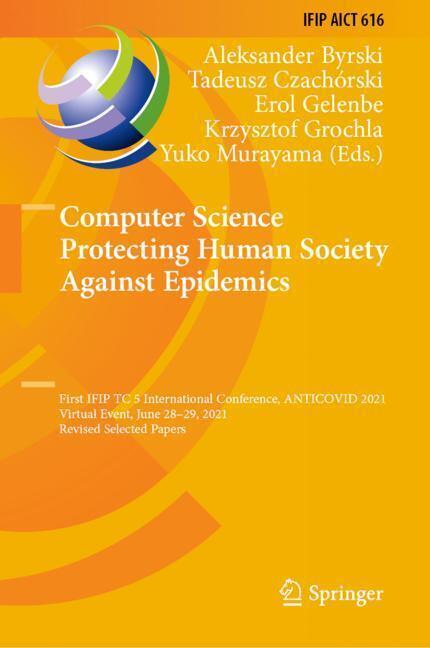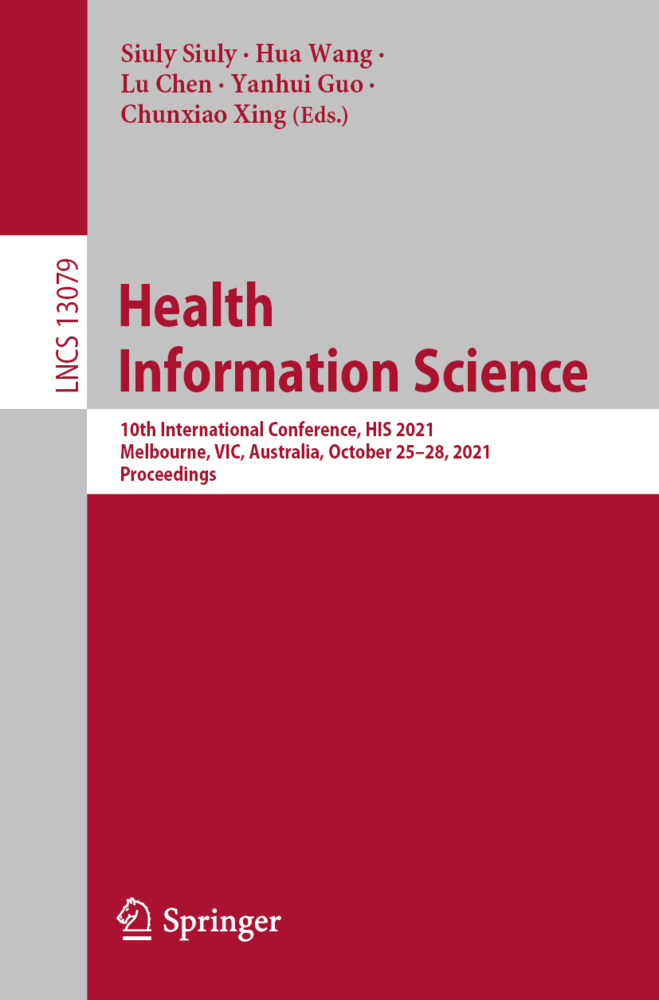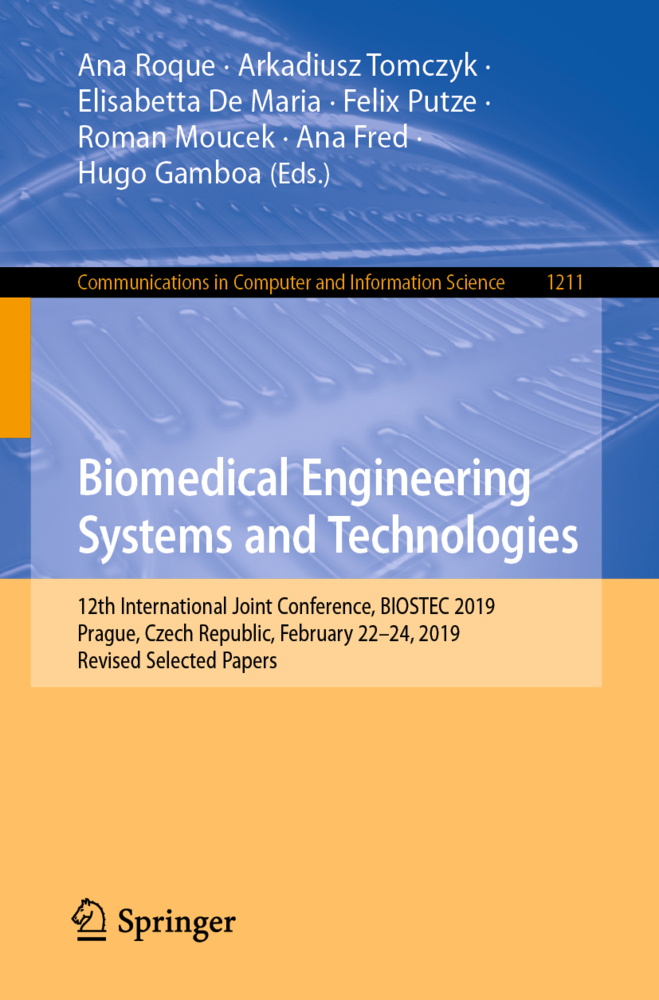Physiological Computing Systems
International Conferences, PhyCS 2016, Lisbon, Portugal, July 27-28, 2016, PhyCS 2017, Madrid, Spain, July 27-28, 2017, PhyCS 2018, Seville, Spain, September 19-21, 2018, Revised and Extended Selected Papers
Physiological Computing Systems
International Conferences, PhyCS 2016, Lisbon, Portugal, July 27-28, 2016, PhyCS 2017, Madrid, Spain, July 27-28, 2017, PhyCS 2018, Seville, Spain, September 19-21, 2018, Revised and Extended Selected Papers
This book constitutes the proceedings of the Third International Conference on Physiological Computing Systems, PhyCS 2016, held in Lisbon, Portugal, in July 2016.
The 12 papers presented in this volume were carefully reviewed and selected from numerous submissions. They contribute to the understanding of relevant trends of current research on physiological computing systems, including brain-computer interfaces, virtual reality, psychophysiological load assessment in unconstrained scenarios, body tracking and movement pattern recognition, emotion recognition, machine learning applied to diabetes and hypertension, tangible biofeedback technologies, multimodal sensor data fusion, and deep learning for hand gesture recognition.
Simple and Robust Automatic Detection and Recognition of Human Movement Patterns in Tasks of Different Complexity
From Body Tracking Interaction in Floor Projection Displays to Elderly Cardiorespiratory Training Through Exergaming
Looking for Emotions on a Single EEG Signal
Detection of Artifacts Using a Non-invasive BCI on the Basis of Electroencephalography while Utilizing Low-cost Off-the-Shelf Equipment
A Data-driven Model Based on Support Vector Machine to Identify Chronic Hypertensive and Diabetic Patients
Inner Flower: Design and Evaluation of a Tangible Biofeedback for Relaxation
Towards Industrial Assistance Systems: Experiences of Applying Multi-sensor Fusion in Harsh Environments
Hand Gesture Recognition Based on EMG Data: A Convolutional Neural Network Approach
Heart Rhythm Qualitative Analysis Using Low-cost and Open Source Electrocardiography: A Study Based on Atrial Fibrillation Detection
Integrating Biocybernetic Adaptation in Virtual Reality Training Concentration and Calmness in Target Shooting.
The 12 papers presented in this volume were carefully reviewed and selected from numerous submissions. They contribute to the understanding of relevant trends of current research on physiological computing systems, including brain-computer interfaces, virtual reality, psychophysiological load assessment in unconstrained scenarios, body tracking and movement pattern recognition, emotion recognition, machine learning applied to diabetes and hypertension, tangible biofeedback technologies, multimodal sensor data fusion, and deep learning for hand gesture recognition.
Development and Assessment of a Self-paced BCI-VR Paradigm Using Multimodal Stimulation and Adaptive Performance
Bio-behavioral Modeling of Workload and PerformanceSimple and Robust Automatic Detection and Recognition of Human Movement Patterns in Tasks of Different Complexity
From Body Tracking Interaction in Floor Projection Displays to Elderly Cardiorespiratory Training Through Exergaming
Looking for Emotions on a Single EEG Signal
Detection of Artifacts Using a Non-invasive BCI on the Basis of Electroencephalography while Utilizing Low-cost Off-the-Shelf Equipment
A Data-driven Model Based on Support Vector Machine to Identify Chronic Hypertensive and Diabetic Patients
Inner Flower: Design and Evaluation of a Tangible Biofeedback for Relaxation
Towards Industrial Assistance Systems: Experiences of Applying Multi-sensor Fusion in Harsh Environments
Hand Gesture Recognition Based on EMG Data: A Convolutional Neural Network Approach
Heart Rhythm Qualitative Analysis Using Low-cost and Open Source Electrocardiography: A Study Based on Atrial Fibrillation Detection
Integrating Biocybernetic Adaptation in Virtual Reality Training Concentration and Calmness in Target Shooting.
Holzinger, Andreas
Pope, Alan
Plácido da Silva, Hugo
| ISBN | 978-3-030-27949-3 |
|---|---|
| Artikelnummer | 9783030279493 |
| Medientyp | Buch |
| Copyrightjahr | 2019 |
| Verlag | Springer, Berlin |
| Umfang | XX, 239 Seiten |
| Abbildungen | XX, 239 p. 127 illus., 112 illus. in color. |
| Sprache | Englisch |

